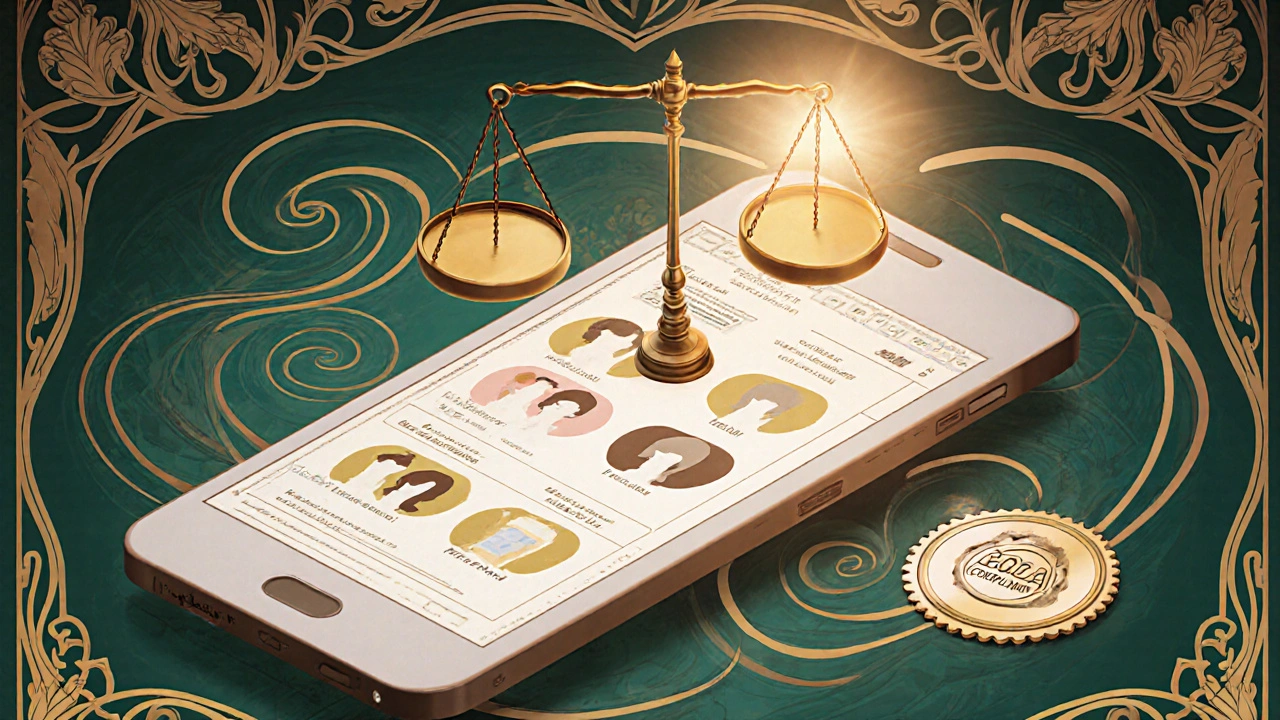CFPB Enforcement: What It Means for Your Money and Fintech
When you hear CFPB enforcement, the actions taken by the Consumer Financial Protection Bureau to hold financial companies accountable for breaking consumer protection laws. Also known as consumer finance regulation, it's the reason your bank can't sneak in hidden fees or trick you into loans you can't afford. This isn’t bureaucracy for bureaucracy’s sake — it’s the shield between you and predatory practices that have cost millions of people billions over the years.
CFPB enforcement doesn’t just target big banks. It goes after fintech apps, payday lenders, student loan servicers, and even companies selling credit-building tools. Remember when that app charged you $30 just to get your paycheck two days early? That’s exactly the kind of thing the CFPB steps in to stop. In 2023 alone, they fined one major earned wage access provider over $10 million for misleading customers about fees. And it’s not just about money — they force companies to fix broken systems, refund victims, and change how they operate. That means better rules for everyone.
CFPB enforcement also ties directly to fintech regulation, the set of rules governing digital financial services like embedded lending, virtual cards, and API-driven banking tools. If you’re using a SaaS platform that offers instant loans or a payment app that handles your payroll, those services have to play by CFPB rules. That’s why you see clearer disclosures, simpler terms, and fewer surprise charges — because the CFPB made them. It’s not perfect, but it’s working. When a company gets hit with a fine or a consent order, it changes how the whole industry behaves.
Under the Dodd-Frank Act, the 2010 law that created the CFPB to prevent another financial crisis by giving consumers a voice in financial markets, the CFPB has real power: it can investigate, sue, fine, and require refunds. That’s why companies think twice before designing products that exploit confusion or desperation. If you’ve ever wondered why your credit card statement is easier to read now, or why apps can’t automatically renew subscriptions without your OK — that’s CFPB enforcement in action.
What you’ll find below are real examples of how CFPB enforcement shapes the tools you use every day. From earned wage access fees to embedded lending traps, these posts show how regulation isn’t just about lawyers and courtrooms — it’s about your paycheck, your credit score, and your peace of mind. You’re not just reading about rules. You’re learning how to spot when they’re working — and when they’re being ignored.
